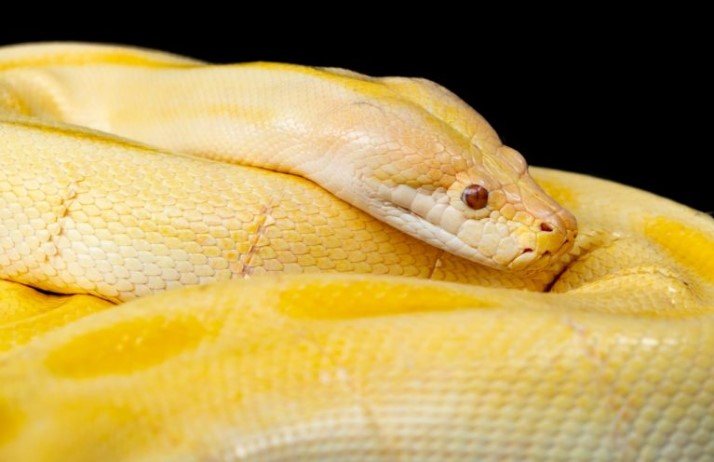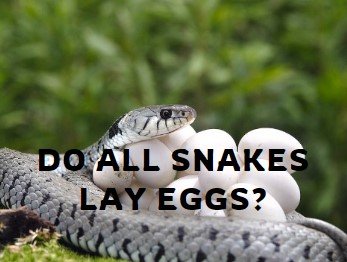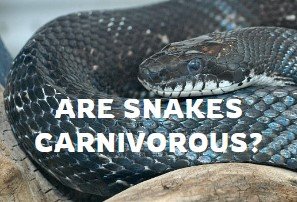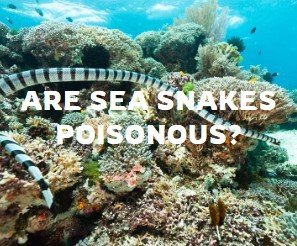A Comprehensive Guide to Snake Prevention
Snakes, while crucial to maintaining ecological balance, can sometimes create concerns when they venture too close to human habitats. If you’re seeking ways to keep snakes away from your home and garden without causing harm to these reptiles, this guide provides a comprehensive set of strategies to coexist peacefully with these fascinating creatures.

I. Understanding Snake Behavior:
A. Know Your Local Species:
- Understanding the types of snakes common to your region is the first step in developing effective prevention strategies. Different species have varying habits and habitats.
B. Identify Attractive Features:
- Snakes are attracted to areas that offer shelter, food, and water. Identify and mitigate factors that might make your property appealing to them.
II. Landscaping Strategies:
A. Trim Vegetation:
- Keep grass and vegetation near your home well-trimmed. Tall grass and dense vegetation provide hiding spots for snakes.
B. Clear Debris:
- Remove piles of rocks, logs, and debris, as these can serve as ideal hiding spots for snakes. Regularly inspect your property and clear away potential snake havens.
C. Limit Mulch Usage:
- While mulch can be beneficial, excessive use may create favorable hiding spots. Use mulch sparingly and consider alternatives like gravel or rock.
III. Property Modifications:
A. Seal Entry Points:
- Snakes can enter homes through small openings. Seal any gaps or cracks in the foundation, walls, or around doors and windows.
B. Install Snake Fencing:
- Use snake-proof fencing to create barriers. This type of fencing is designed to prevent snakes from slithering through.
C. Elevate Woodpiles:
- If you store firewood, elevate it off the ground and place it away from your home. This reduces potential hiding spots for snakes.
IV. Environmental Adjustments:
A. Reduce Water Sources:
- Snakes are attracted to water sources. Fix leaks, drain standing water, and consider reducing outdoor water features.
B. Control Pest Populations:
- Snakes are drawn to areas with abundant prey. Implement pest control measures to limit the population of rodents and insects, which are primary snake food sources.
V. Behavioral Modifications:
A. Use Natural Repellents:
- Certain plants, like marigolds and lemongrass, are believed to repel snakes due to their strong scents. Planting these around your home may act as a deterrent.
B. Vibrations and Noise:
- Regularly create vibrations or produce occasional loud noises in areas where snakes are a concern. This disrupts their comfort and may encourage them to relocate.
VI. Professional Assistance:
A. Consult Experts:
- If you’re uncertain about the presence of snakes or need professional advice, consult with local wildlife experts or pest control services experienced in dealing with snakes.
B. Educate Yourself:
- Familiarize yourself with local regulations regarding snake removal. In some areas, it may be illegal to relocate certain snake species.
Conclusion:
In conclusion, creating a snake-resistant environment involves a combination of understanding snake behavior, modifying your property, and adopting preventative measures. By making your surroundings less inviting to snakes, you can foster a harmonious coexistence between humans and these essential contributors to the delicate balance of nature. Remember to approach snake prevention with respect for these creatures, recognizing their significance in maintaining ecological equilibrium.
Learn more about Snake Self-Cannibalisms.





Leave a Reply